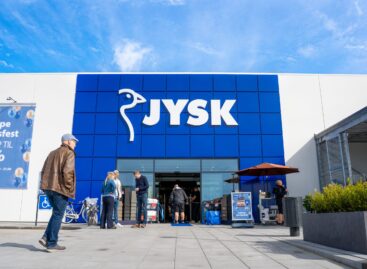AI-Generated Ads May Have A Negative Effect On Consumer Perceptions
A new study by NIQ suggests that AI-generated advertisements could ‘dampen consumer perceptions’ about particular brands, with consumers viewing AI-driven ad content as more ‘annoying’, ‘boring’, and ‘confusing’ than traditional ads.

NIQ, which will be revealing the full findings of its study at the 2025 Consumer Electronics Show (CES), taking place in the US in January, said that consumers were able to ‘intuitively identify’ AI-generated ads, perceiving them as ‘less engaging’.
Memory Activation
In addition, while such ads successfully reinforced existing brand associations, they also elicited weaker memory activation in the brain compared to traditional ads.
Finally, the presence of low-quality visuals in AI-generated ads ‘distracted from the intended message’, NIQ said.
NIQ’s study saw more than 2,000 participants view a series of AI-generated ads, ranging from low to high quality. Brain activity for 150 participants was measured via electroencephalogram (EEG), while all participants provided feedback through surveys.
‘Sensitive To Authenticity’
“Brands and agencies are innovating at a rapid pace, leveraging AI-generated content in their advertising,” commented Ramon Melgarejo, president, strategic analytics and insights at NIQ. “They need to be cautious, as our study reveals that consumers are quite sensitive to the authenticity of ad creatives, both at the implicit (non-conscious) and explicit (conscious) levels.
“Brands must prioritise insights-led creative evaluation to produce effective ads.”
As NIQ’s study found, while AI offers ‘exciting potential’ for idea generation and brand asset testing, if poorly executed it can have a negative effect on brand equity.
“As advertisers experiment with generative AI to streamline ad creation and reduce costs, this research provides critical guardrails,” added Marta Cyhan-Bowles, chief communications officer and head of global marketing at NIQ. “Our neuroscience-driven approach reveals how consumers non-consciously process AI-generated content and highlights the fine line between innovation and discomfort.”
ESM
Related news
Cheese-cocoa-peach jam: these are the most popular cookie flavors
🎧 Hallgasd a cikket: Lejátszás Szünet Folytatás Leállítás Nyelv: Auto…
Read more >









